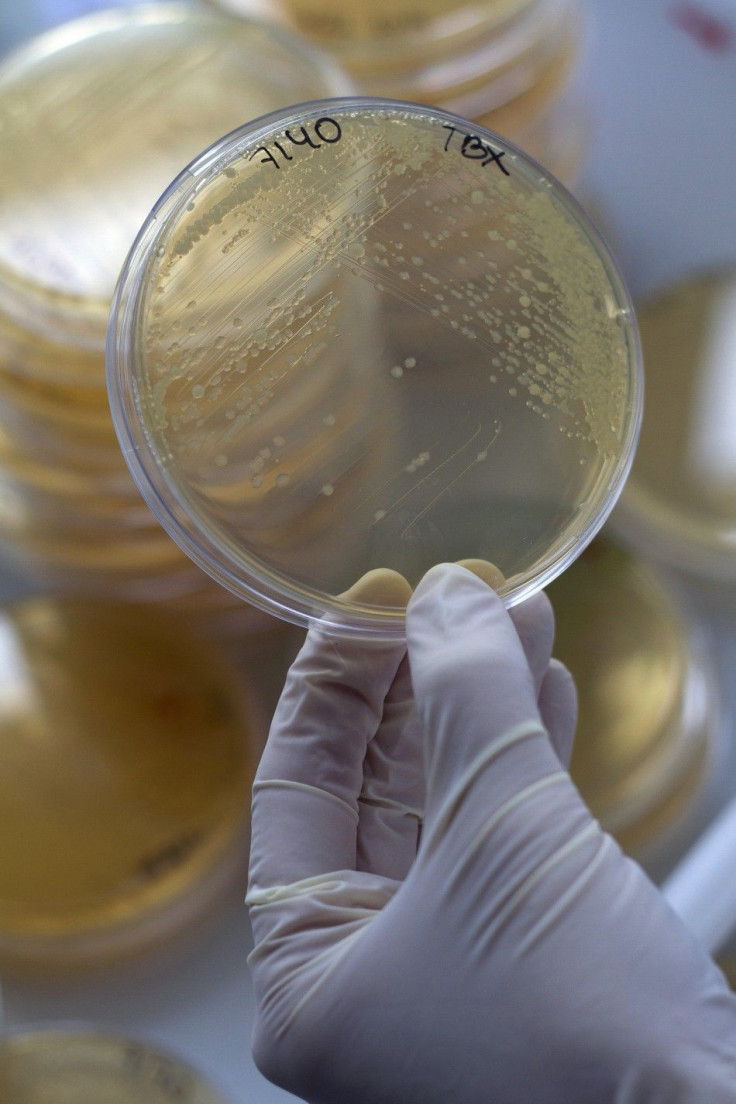Could E. Coli Finger-pointing Cripple Egyptian Economy?

German officials originally pointed their fingers at Spanish cucumbers after the outbreak of the recent E. coli epidemic, in a costly accusation that still has the Spanish agricultural sector up-in-arms.
Now European investigators from the European Food Safety Authority are looking to Egyptian fenugreek seeds as a potential culprit, in what could be another costly allegation.
There is still much uncertainty about whether this is truly the common cause of all the infections as there are currently no positive bacteriological results, said the Authority's recently published Joint Rapid Risk Assessment.
Unresolved allegations could cripple Egypt's moves to rebuild its economy on agricultural exports at a time when the outcome of the revolution and democratization depends heavily on economic stability.
Last time European scientists pointed fingers, Spanish farming group Agricultural Cooperatives reported that the international community's resultant import bans on Spanish cucumbers cost up to $287 million, endangering 70,000 jobs, largely located in economically disadvantaged Andalusia, in Spain's South.
German Chancellor Angela Merkel promised to push for European Union (EU) aid to Spain in compensation for her administration's gaffe.
But after the EU offered Spain assistance to the tune of over $220 million, the Spanish agricultural minister Rosa Aguilar rejected the offer saying that the amount would not be enough to offset an economically devastating hit to her country's farmers.
Later, Germany's national disease control center announced that the organically grown bean sprouts from a farm in Germany are responsible for nearly 50 E. coli-related deaths, largely in Germany, and some 4,000 infections, spanning 13 different countries.
The World Health Organization found that the strain of E. coli infecting patients is rare and severe.
Although previous tests on the sprouts did not test positive for the bacteria, German officials have linked people infected with the bacteria to restaurants, and also linked to a farm in the north of the country.
It is believed that the infected sprouts have been consumed or disposed of since the outbreak occurred.
© Copyright IBTimes 2025. All rights reserved.





















